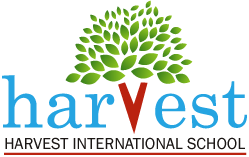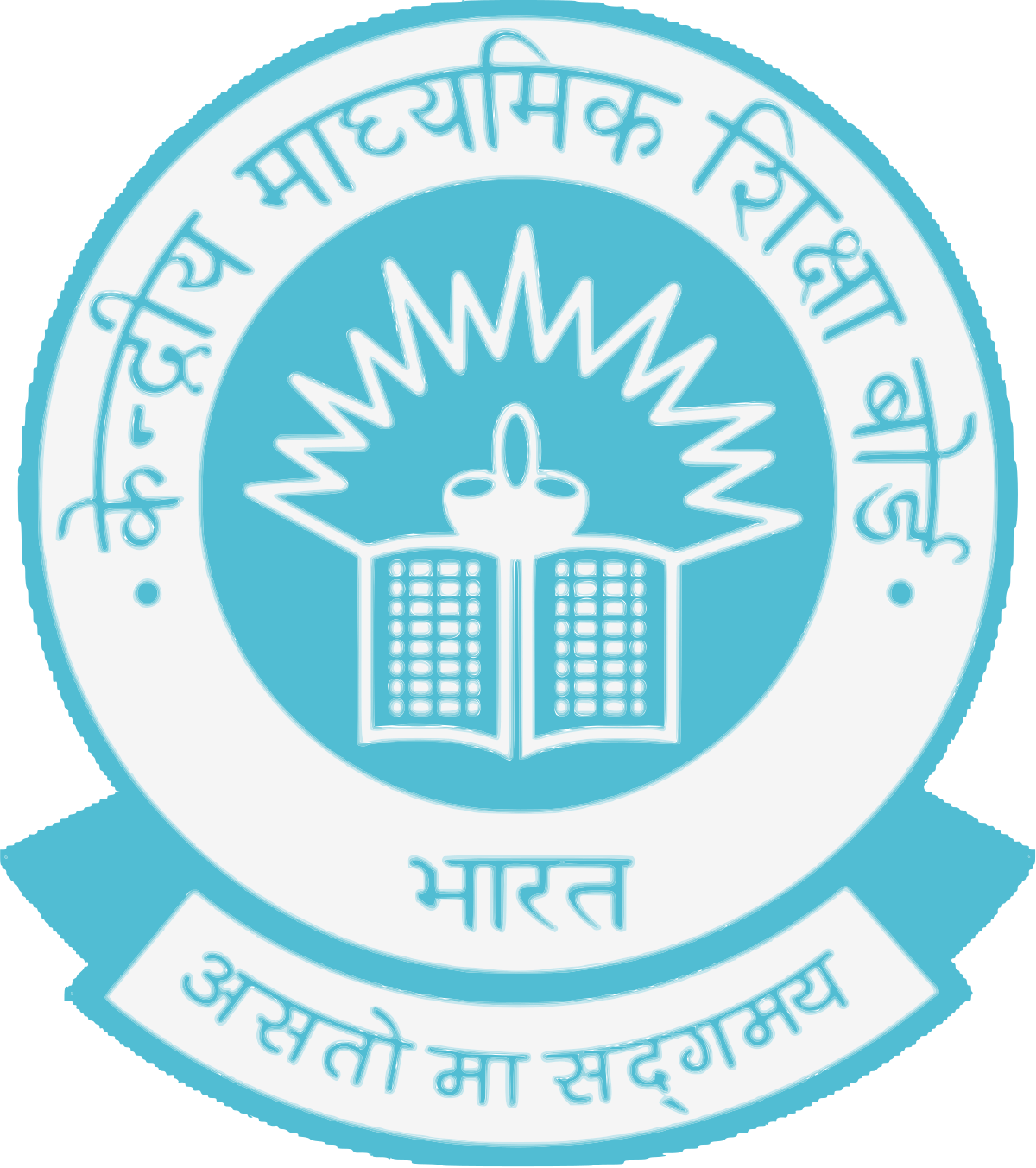Experiential Learning is a viable solution to the inconsistencies in our education system. The concept is not new and has long been observed as a valid educational discipline
Experiential learning is a process whereby knowledge is created through the transformation of experience. Experiential learning does just that. Our innovative lab-classrooms have the right setting and tools required for experiential learning to take place. Our teachers are trained to fade into the background and let the learning happen in the way it is supposed to
How it works?
Years of research into teaching methodologies indicate that students grasp concepts and learn better with practical application of concepts in real world problems. Actively making decisions and learning from the outcomes or by reflection on the consequences.
The teachers acts as a facilitator in the classroom, they present challenges to the class and the students are allowed to tackle the problems on their own. The facilitator’s role is to guide the students as they are actively learning from the results of their actions. Such experiential activities allow for students to learn from their mistakes early in the conceptual stage and therefore, allowing them build strong foundations on new concepts.
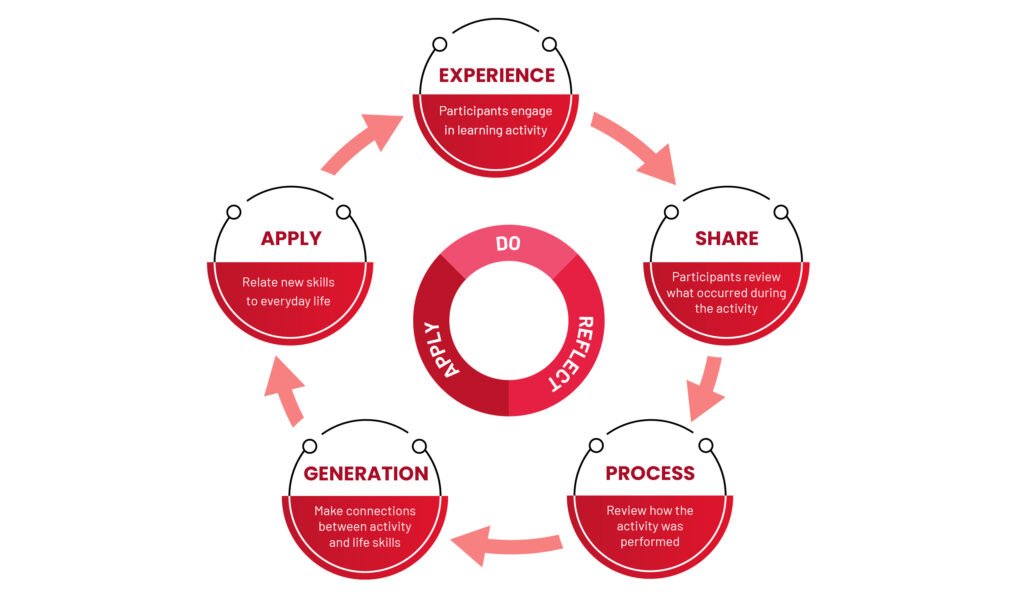

Experiential Learning is a viable solution to the inconsistencies in our education system. The concept is not new and has long been observed as a valid educational discipline known under different names such as flexible learning, community engagement education or outdoor education. Introducing experiential learning activities in the conventional curriculum negates the redundancies of tedious rote based learning and instead creates a more memorable experience for our students.
The National Education Policy (NEP) 2020 clearly iterates that “experiential learning” will be adopted in all stages of learning across all syllabuses, including hands-on learning approaches as well as sports/arts-integrated education. Pedagogy will employ story-telling and inter subject relatability. The NEP timeline for nation-wide implementation is estimated to be completed by the year 2040 with the initial road map starting of in 2022, however, our immense passion for the discipline urged us to make it available to our students as soon as possible.
Our Team at Harvest sincerely believe that experiential learning is an essential tool in a teacher’s handbook which can effectively be used to help students shift from rote based study to learning by experience and activity.
Harvest International has adopted the renowned Kolb’s model for experiential learning, which is essentially broken down to four steps:
- Concrete Experience: Phase where a student is introduced to a new experience, or has to reinterpret or a reoccurring experience.
- Reflective Observation: Phase where the student is guided to reflect on their experience and to draw disparities between experience and understanding.
- Abstract Conceptualization: Post reflection, the student gains a new understanding of the concept and is encouraged to fix any inconsistencies they have had earlier, which leads the student to form a new conclusion.
- Active Experimentation: The student tests his hypothesis by comparing his conclusions with the real world.
Intellectually Stimulating Activities
- Learning new concepts with the use of case studies and movies
- Games designed for students to apply their class room concepts in the real world
- Critical thinking activities and subjective learning assignments which help the students communicate their train of thought effectively.
- Outdoor educative activities such as field trips.
- Theoretical concepts explained with the help of video presentations and live examples of their practical application.
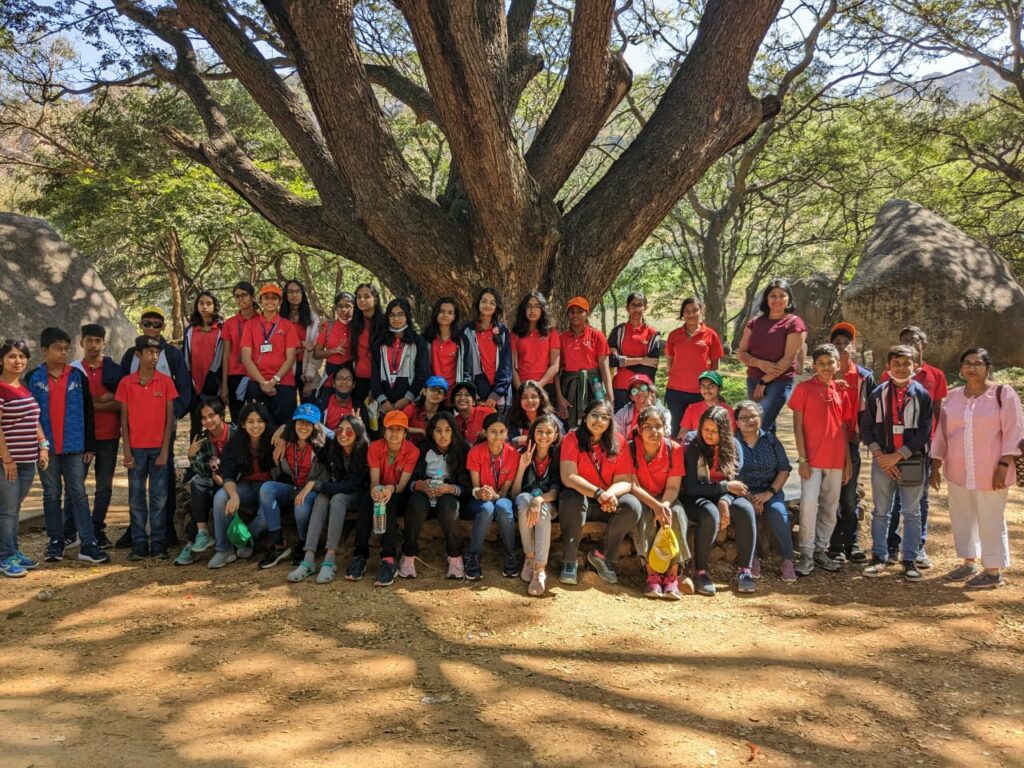
Integrated lab classrooms
We have upgraded our classroom infrastructure to integrate a lab workshop facility for every student within the classroom. This facility will help students of Harvest tackle the sciences in a sophisticated manner. We have collaborated with various vendors to provide us with materials that can be used for simple science experiments that very effectively communicate the concept.
These experiments can now be performed in the class room simultaneously as students are learning the new concepts theoretically. This will not only provide a holistic learning experience for the students but also will free up the primary lab time for more advanced learning and experiments.
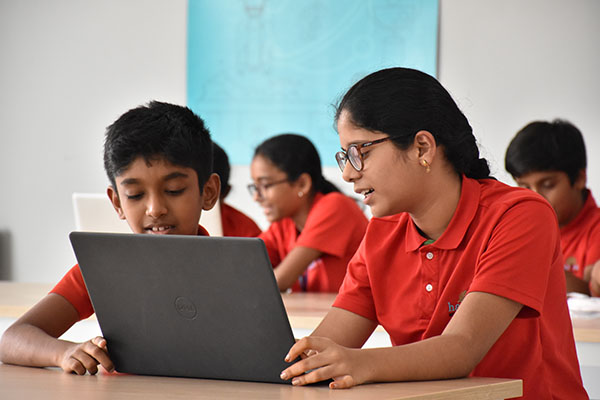
Harvest Farmscape
“A place where children can experience farming first hand.”
Harvest aims to provide its students with an exciting learning opportunity that will allow them to study the agriculture industry and the farming lifestyle. The program encompasses multiple disciplines ranging from biology to geography to the commerce of agricultural produce. Students will follow the entire journey of how food comes from the farm to our plate. Students will also have an opportunity to observe the utility of cattle animals and their significance in the farmer’s world.
The core aim of Harvest Farmscape is to provide our students with a unique insight into the farming lifestyle which will teach our students the significance of a farmer in our society and economy. We hope that they develop a greater appreciation for the food that we eat and for the hard work and dedication of our farmers.
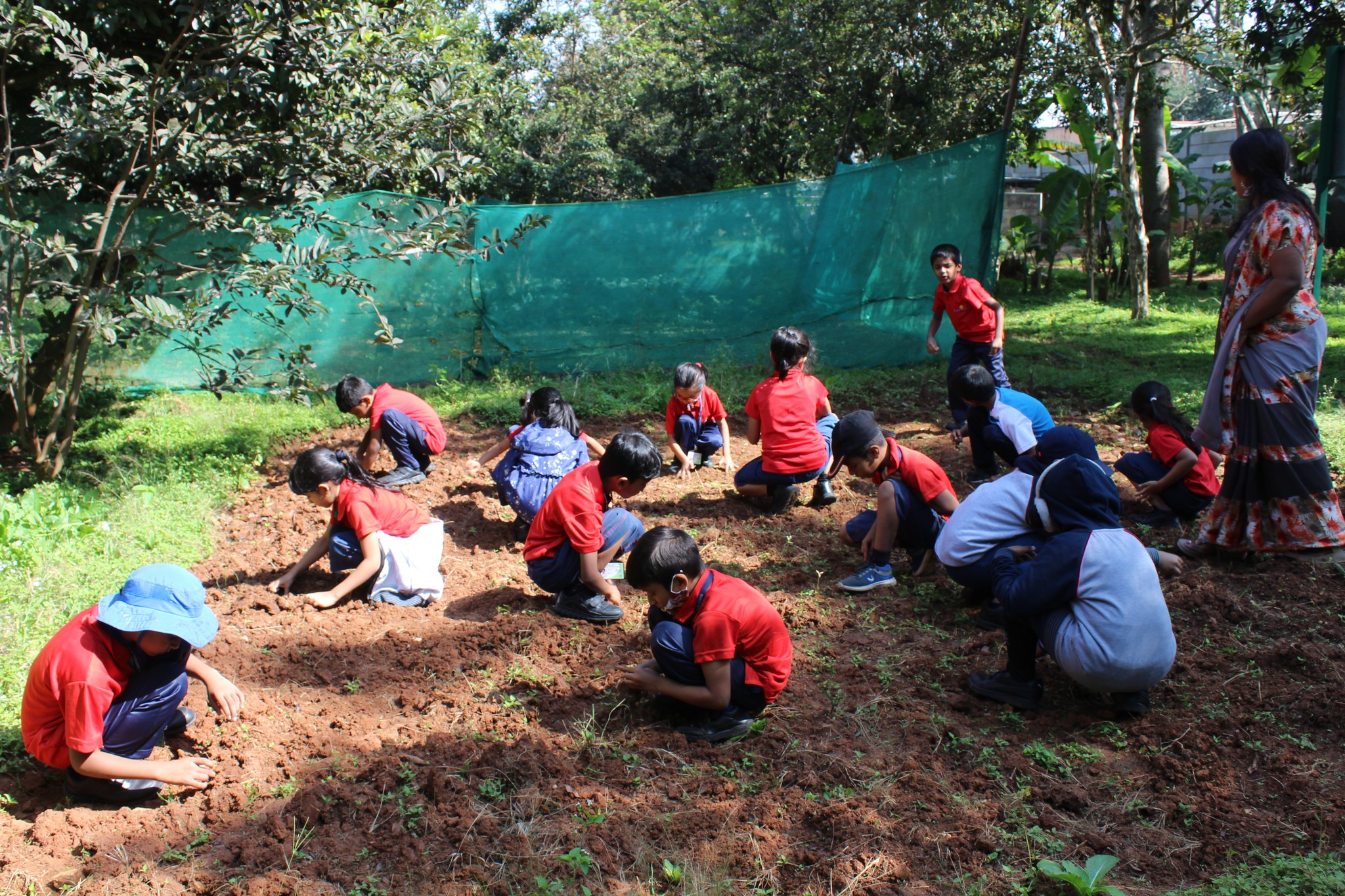
Fill all information details below
